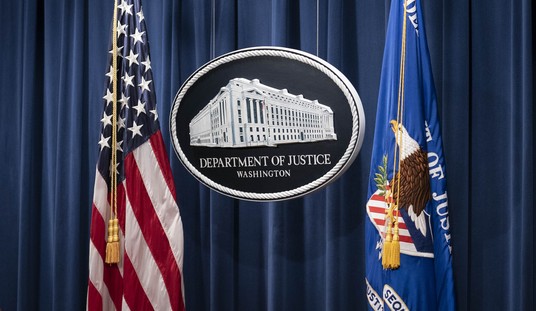Of all the failures in the failure-ridden Obamacare program, the most spectacular has to be that of the state insurance co-ops. The co-ops were supposed to compete against private insurance companies by offering lower prices for premiums thanks to smaller overhead and lower administrative costs.
But like many other features in Obamacare, the law of unintended consequences took over.
Being a lower priced alternative to Obamacare insurance, the co-ops – not surprisingly – attracted older, sicker patients. This put the co-ops into immediate financial difficulty. Where there once were 23 state co-ops across the country, there are now 10, and that number is expected to drop further by the end of the year.
Two more state co-ops bit the dust in the last few days. InHealth Mutual, Ohio’s co-op, is closing shop after losing $129 million of taxpayer funds. And Oregon’s beleaguered co-op is also going under. That collapse follows the spectacular failure of the Oregon Obamacare health insurance portal that cost taxpayers more than $300 million and whose website was so dysfunctional it never signed up a single customer.
But never fear, socialized medicine supporters. President Obama is stepping into the breach and advocating for a public option to be offered nationwide. The president penned an article for the Journal of the American Medical Association.
“The public plan did not make it into the final legislation. Now, based on experience with the ACA, I think Congress should revisit a public plan to compete alongside private insurers in areas of the country where competition is limited,” writes the president.
The new embrace from the president also comes amid what appears to be a concerted push by the Democratic Party to rally around the public option.
It’s a shift that reflects how the party has tilted leftward during the Obama years.
Hillary Clinton emphasized a public option in an announcement Saturday that was interpreted as a play for supporters of Sen. Bernie Sanders (I-Vt.), who ran a surprisingly strong campaign against her for the Democratic presidential nomination.
Sanders has pushed even further for a government-run, “single-payer” system.
A public option has no real chance of passing Congress, at least with Republicans in charge of the House.
Indeed, aides say that Obama will not be pressuring Congress to pass these changes during his remaining time in office and is instead laying out ideas for future policymakers.
In his article, Obama touts progress made under the Affordable Care Act (ACA) while laying out work for the future. He also calls for an increase in the financial assistance that the law provides, acknowledging that some families still “struggle with premiums.”
The article is the result of a months-long review of what is and is not working in the ACA, requested by Obama late last year, the White House said.
Overall, Obama touts the law as a resounding success. He notes that administration economists estimate that 20 million people have gained coverage because of the law and the uninsured rate has fallen to a record low, under 10 percent.
There has also been progress on cost, with a slowdown in the growth in health spending, which experts attribute in part to ACA reforms that seek to shift to payments that reward quality health outcomes rather than simply the number of services provided.
The Congressional Budget Office’s estimates for the cost of the law’s coverage expansion are about 25 percent below where they were in 2010.
The public option will only be the beginning, of course. It will be a stop gap measure along the way to a single payer, one-size-fits-all system. Given enough time – and more failures piling up for Obamacare – it will be the logical conclusion to a deliberate process begun when Obamacare first passed in Congress.
The intent all along was to impose a single payer system on the country. And since they couldn’t get it passed the old fashioned way – debate and voting in Congress – they constructed a system that, after a series of failures, would force Congress to adopt a single payer system.
Eventually, that will be the case. Obamacare as it is currently constituted isn’t sustainable. The time will come when Congress will be faced with the choice of either shutting it down or expanding it with the single payer system. And rather than throw millions of Americans off their insurance, Congress will succumb and single payer will be the law of the land.










Join the conversation as a VIP Member